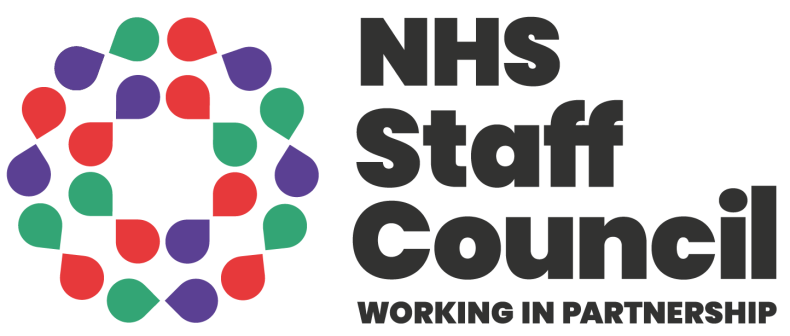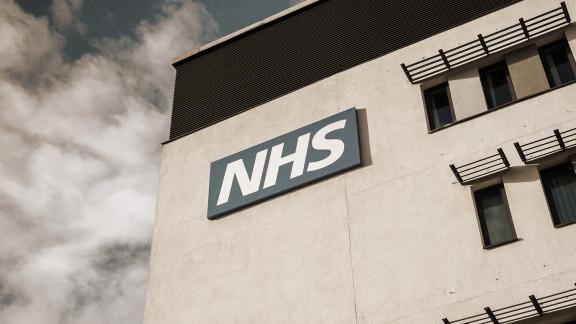How pay is set in the NHS

Pay review bodies (PRB) have played a crucial role in determining public sector pay over many decades. PRBs are independent panels, and their primary role is to evidence and provide the government with advice each year on public sector pay. The recommendations are based on evidence submitted from trade unions, employers and government.
In 1971, the Doctors and Dentists Review Body (DDRB) was established - the first of its kind. This was created following the publication of a report by the Royal Commission who were appointed to settle an ongoing pay dispute between the medical profession and government over pay. The establishment of a pay review body came out as one of their key recommendations.
Over a decade later in 1983, the Nurses and Allied Professions’ Review Body (NAPRB) was established which covered nurses, health visitors and midwives. This was in response to a number of industrial disputes in the NHS, whereby under the Whitley Council pay system, nurses pay decreased over time in comparison to other staff groups. A process later down the line would then take place to bring pay back to a level that was equitable and fair.
The NAPRB replaced the traditional collective bargaining approach which was considered to have delivered unsatisfactory pay levels for some key public sector groups. Staff groups not covered by pay review bodies continued to use collective bargaining on pay increases, but these increasingly reflected the pay review body settlements. The NAPRB then became the NHS PRB, and in 2007 the remit expanded to cover all other staff groups except doctors, dentists and VSMs.
Across the wider public sector there are eight pay review bodies in total, covering the Armed Forces, prison guards, school teachers, police and National Crime Agency officers. Together, these pay review bodies cover around 45 per cent of public sector staff.
For health there is Doctors and Dentist Review Body (DDRB), which covers approximately 250,000 hospital doctors, GP’s and dentists and the NHS Pay Review Body (NHS PRB) covering around 1.4 million NHS workers. The review body on senior salaries (SSRB) covers the most senior managers in the NHS. The main groups not covered by a pay review body are civil servants (apart from the most senior ones covered by the SSRB) and local government employees.
Whilst the terms of reference for each of the different PRBs may vary slightly, the supplementary remit letters set out which factors the PRBs should pay particular attention to that year. An example of this was between 2013 and 2017 where the PRBs recommendations were required to be consistent with the cap on overall pay growth, which was limited to an average of 1 per cent per year. The government is not constrained to accept PRB recommendations and can implement partially, fully or reject completely.

The NHS Staff Council was established in 1982. It was set up to provide a platform to consult on terms and conditions of employment between NHS employers and trade unions.
To this day, the governance arrangements still include employer and staff-side representatives. They come together to discuss and make decisions on matters related to workforce issues. The NHS Staff Council has responsibility for maintaining the AfC pay system, including a remit to negotiate any changes in core terms and conditions for staff under AfC. It also provides national support on interpreting the national agreement for employers and trade unions. These partnership arrangements aim to ensure that the interests of both employers and staff side are considered in decision making processes for the pay and terms and conditions arrangements for NHS staff.
The terms and conditions of services are set out in the handbook and apply to staff directly employed by NHS organisations, except very senior managers (VSMs) and staff within the remit of the Doctors’ and Dentists’ Review Body. It is amended whenever new agreements are reached in the NHS Staff Council.
Partnership working
Partnership working has undergone significant evolution since the NHS was first established. Relationships between employers and trade unions have changed over the decades to address the needs of healthcare staff to support the delivery of services. The emergence of trade unions in the NHS brought about a shift towards collective bargaining and the representation of staff members interests. This early collaboration and engagement between employers and trade unions laid the foundation for partnership working in its current format, despite times of difficult industrial relations and poor economic conditions.
The NHS Staff Council and joint negotiating committees (JNCs) were two mechanisms set up to facilitate dialogue, negotiation and decision making between employers and trade unions. These structures remain in place today, which demonstrates the commitment from both sides to maintain positive working relationships. It is vital that employers and trade unions continue to nurture and strengthen partnership working arrangements to help navigate through the complexities and changes the NHS will face in the future.
The King’s Fund published a report in 2007, which highlighted that AfC was developed and implemented in partnership with NHS staff-side organisations. The local effort of assessing and assimilating jobs onto the new structure brought local management and workforce representatives together, which created stronger and improved relationships at a local level on employee relations matters. Better partnership working with trade unions and staff representatives was a positively reported outcome of AfC.
There is a JNC for each medical contract, made up of trade union representatives and members from staff and management sides, including NHS Employers. The JNCs are responsible for maintaining the national terms and conditions of service (TCS) for doctors employed by the NHS in England. The group's role will be to negotiate all potential changes/amendments to the TCS and to produce joint extra-contractual guidance to support the TCS.
Key changes to NHS pay policy since 2004
NHS pay policy has undergone several changes since the introduction of AfC. These changes have been influenced by a number of factors including, economic conditions, government priorities and formal negotiations with trade unions.



